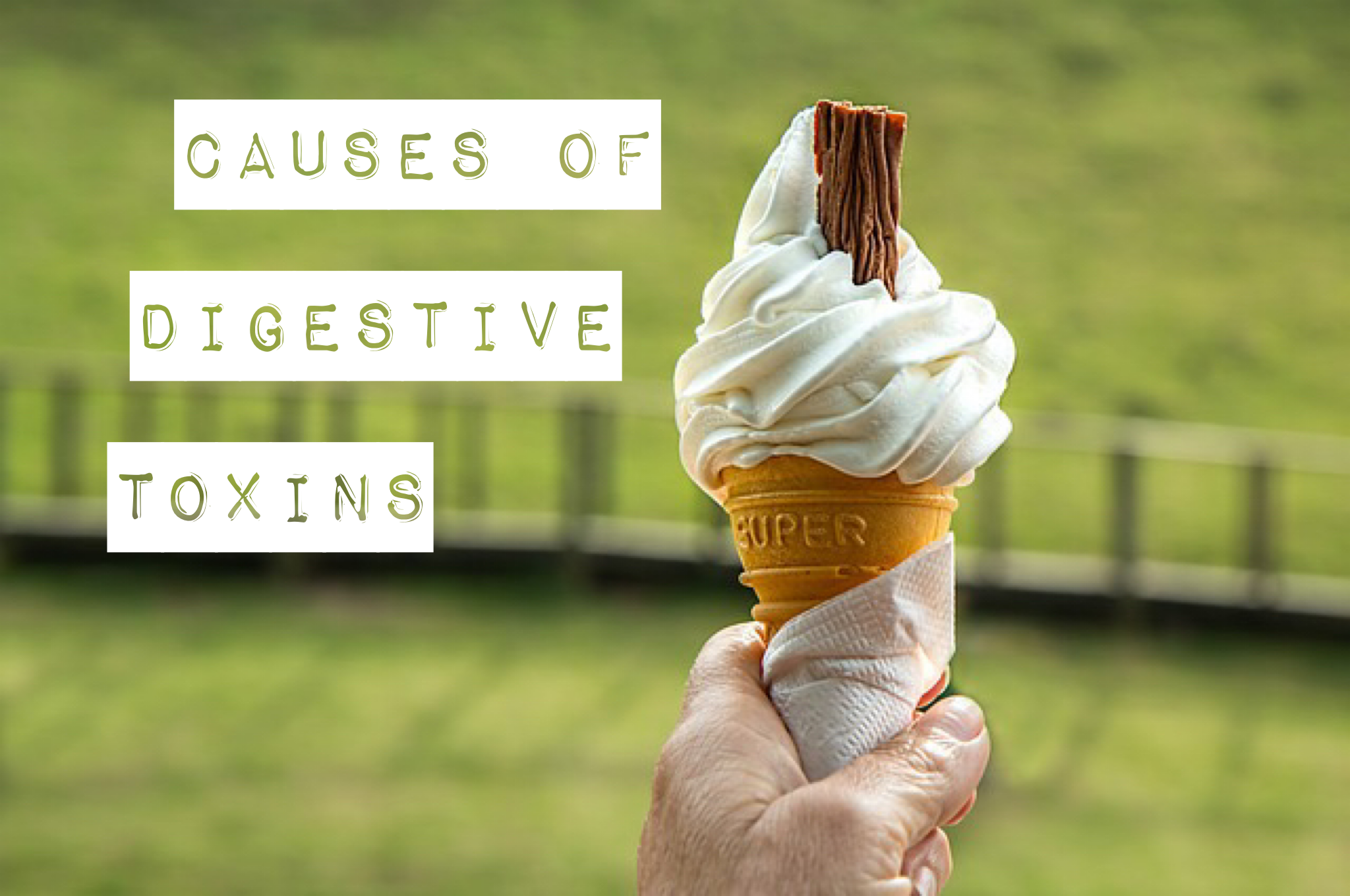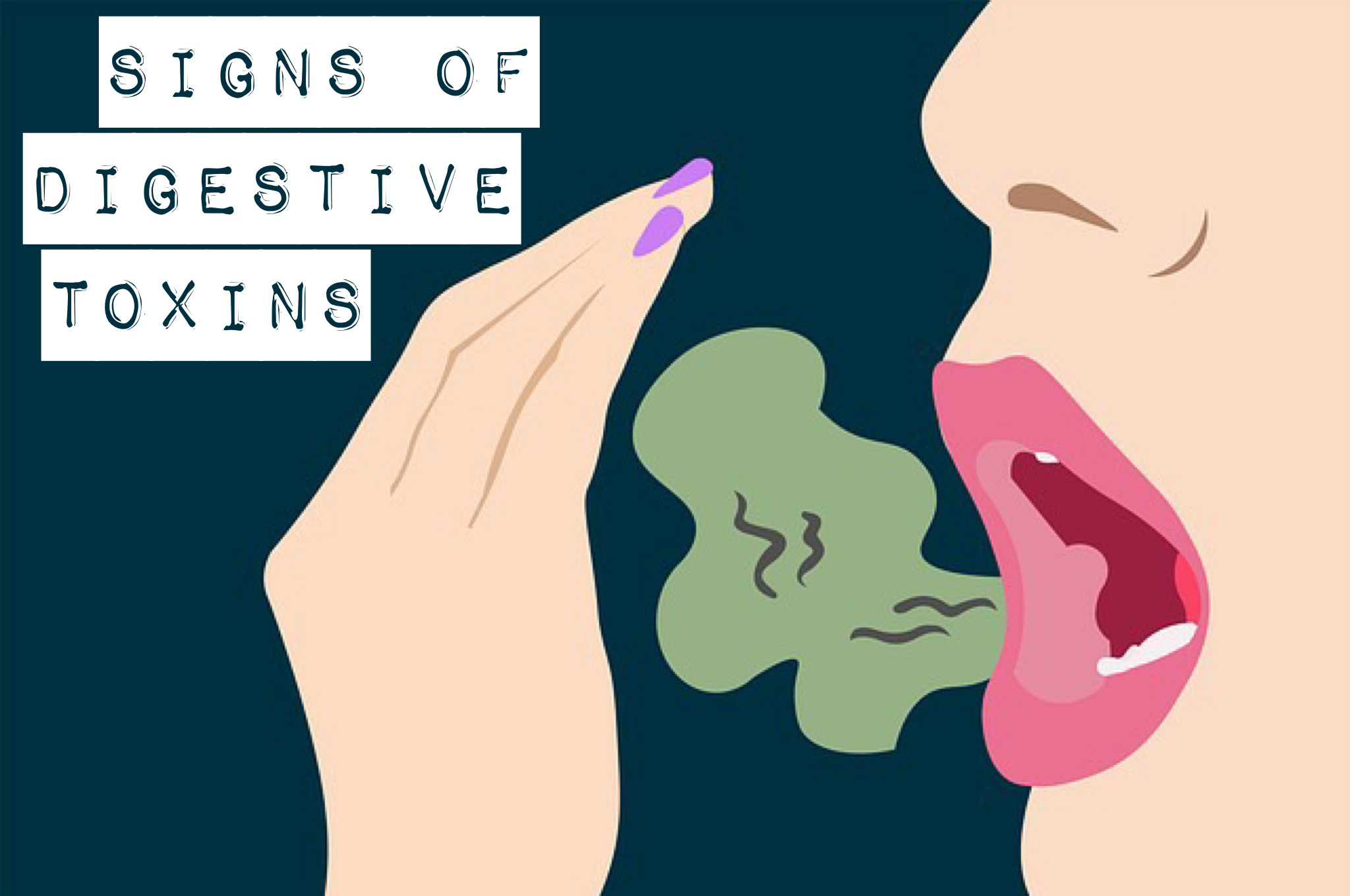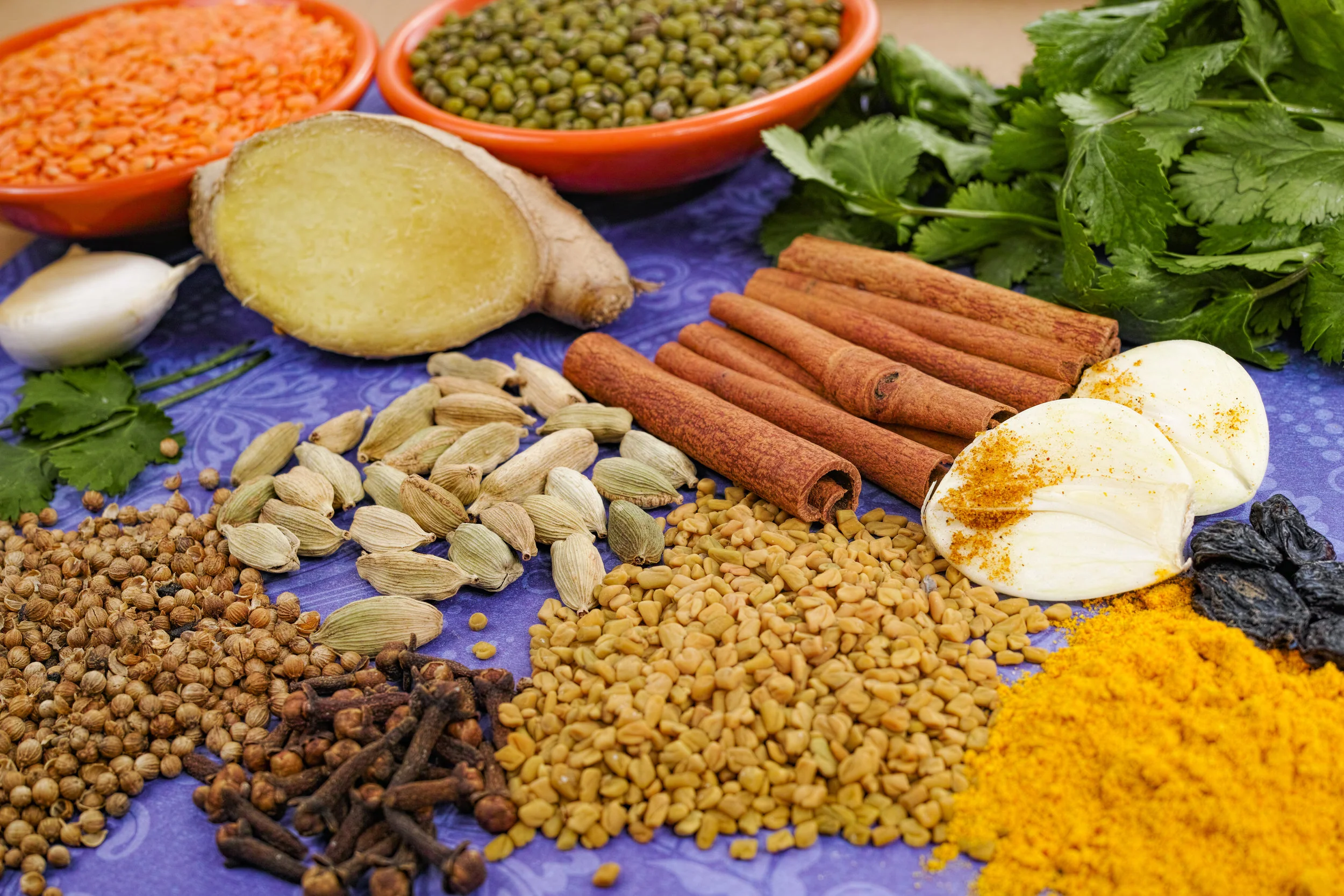Do your foods create digestive toxicity?
/Do your favourite food combinations create digestive toxicity? Amongst many foods eaten together, if you particularly love fruits and yoghurt for breakfast then the answer I am afraid is yes.
No individual food is considered intrinsically good or bad in Ayurveda. However, it is said that ‘one man’s meat is another man’s poison’. What we really pay attention to in Ayurvedic nutrition is how foods are processed, how and when foods are eaten, how foods digest and if hunger for the food is there in the first place. When we soak, cook, cure, ferment, blanch, freeze or preserve we change the properties of foods in the processing of it. For example, the processing of butter to ghee, yoghurt to takra and soaking nuts, lentils and grains etc. make these foods much easier to digest. For me this is the art of eating healthy that is aligned to nature and our body.
What’s more Ayurveda suggests an approach for a correct diet based on the individual’s doshic constitution (vata, pitta, kapha) rather than focus on a breakdown of foods into groups such as carbs, proteins and fats and eating based on recommended daily allowances. Every food has its own taste (rasa), a heating or cooling energy (virya) and post-digestive effect (vipaka) and based on this every food can either balance us or imbalance us if we have too much for our mind body type.
Although I do encourage diversity in our diet, our gut was not designed for overly complex varieties of foods in any one meal, as it can over work our digestive system. The focus of healthy digestion is to minimise ama (toxins) and keep our agni (digestive fire) nice and strong. Some food combinations are incompatible and subsequently disturb our digestive fire and causes toxins to accumulate because they require conflicting digestive processing.
Not only can incompatible foods remain in the stomach for several hours, combining foods improperly can cause indigestion, fermentation, putrefaction and gas formation. If prolonged it can lead to toxemia and lead to various other diseases.
When foods are eaten correctly or separately, they can aid digestion. Eating bananas with milk; egg with fish; radishes with milk, bananas or raisins; lemon with yoghurt; melons with any other foods; raw foods with cooked foods; fruits and grains, are some examples of incompatible foods. Some common western food combinations that get the thumbs down in Ayurveda include, berry cheesecake, salmon and cream cheese bagel, fish pie and many more. You can find a list of incompatible foods in my book Ayurveda – Ancient wisdom for modern wellbeing.
What happens when we eat for example lemon and milk? If you squeeze lemon in hot milk it causes the milk to curdle and this also happens in the stomach. The digestive enzymes required to digest lemon cause the milk to curdle due to the sourness. This type of constant digestive confusion can be the cause of many diseases, especially related to respiratory or skin conditions.
Enough to make you think about how you combine foods?





